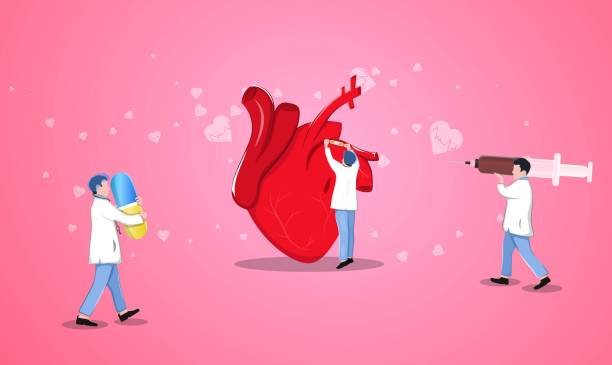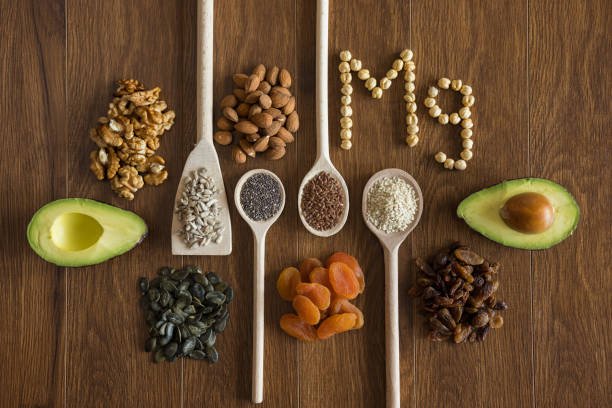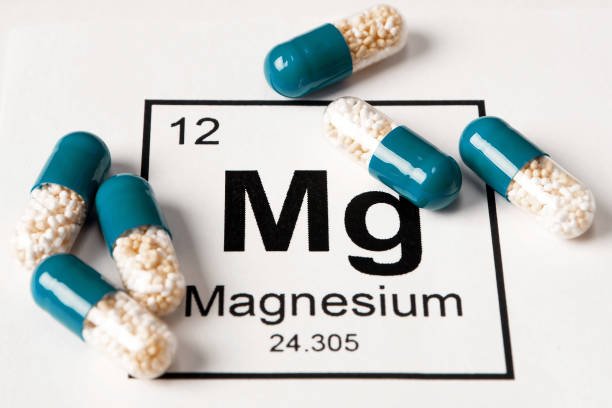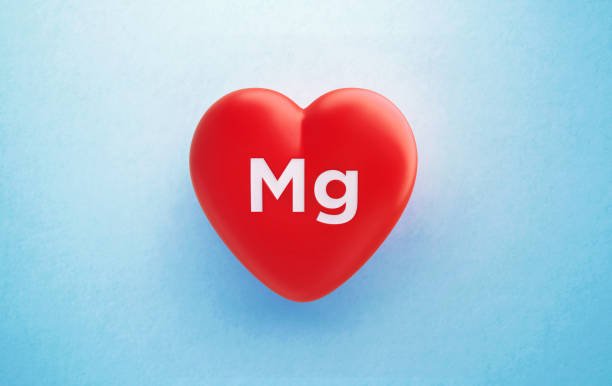Table of Contents
Cardiac arrest — sudden and unexpected — is one of the leading causes of death worldwide. While lifestyle changes, exercise, and regular checkups are often discussed, one simple yet powerful solution is frequently overlooked: magnesium.
In this post, we explore how this essential mineral can support heart health, why it’s difficult to get enough from diet alone, and what you can do to protect yourself naturally.
What Is Cardiac Arrest?
Before diving into magnesium’s role, let’s briefly understand cardiac arrest. It happens when the heart suddenly stops beating due to an electrical disturbance. This is not the same as a heart attack (which is caused by blocked blood flow). A cardiac arrest is often instant and fatal if not treated immediately.

Common Causes of Cardiac Arrest Include:
- Arrhythmias (irregular heartbeat)
- Low potassium or magnesium levels
- Heart disease
- Extreme stress or exertion
- Electrical imbalance in the body
The Silent Role of Magnesium in Heart Health
Magnesium is involved in over 300 biochemical reactions in the body, many of which are directly linked to the cardiovascular system.
Here’s how magnesium supports your heart:
- Regulates heartbeat
- Maintains electrical stability of heart muscles
- Reduces inflammation that can damage arteries
- Supports blood pressure control
- Prevents muscle cramps and irregular contractions (including the heart)
Low magnesium levels can directly trigger arrhythmias — a major risk factor for sudden cardiac arrest.

Can You Get Enough Magnesium from Diet?
Technically, yes. But practically, it’s very difficult.
To get the recommended daily intake of magnesium (approx. 350–400 mg), you would need to consume unrealistically large amounts of certain foods. For example:
You’d need to eat nearly 500 grams (half a kilo) of pumpkin seeds daily to meet your magnesium needs.
Let that sink in.
Even with a balanced diet, most people fall short. Modern agriculture practices have depleted magnesium content in soil, and thus, in the food we eat.

The Practical Solution: Magnesium Supplementation
This is where supplements come in — a safe, affordable, and doctor-approved method to fill the nutritional gap.

Benefits of Magnesium Supplements:
- Improves heartbeat rhythm
- Supports muscle relaxation and sleep
- Reduces stress and anxiety
- Prevents leg cramps
- May reduce the risk of sudden cardiac arrest
No doctor will disagree with the need for magnesium — unless you have a condition like kidney disease that requires special consideration.
Signs That You Might Be Magnesium Deficient
Many people are magnesium deficient and don’t even know it. Here are some early warning signs:
- Frequent muscle cramps
- Irregular heartbeat
- Fatigue or weakness
- Headaches
- Trouble sleeping
- Tingling or numbness
- Anxiety or mood swings

Which Type of Magnesium Is Best?
| Type of Magnesium | Best For |
| Magnesium Citrate | Good absorption, may have laxative effect |
| Magnesium Glycinate | Calming, ideal for sleep & anxiety |
| Magnesium Malate | Energy production and muscle recovery |
| Magnesium Oxide | Poor absorption, usually for constipation |
Recommended Dose:
Start with 300–400 mg per day, after meals. Adjust as needed and always consult a doctor if you have any health conditions.
What Happens If You Take Too Much?
While magnesium is generally safe, very high doses — especially from cheap forms like magnesium oxide — can cause:
- Loose stools or diarrhea
- Nausea
- Stomach discomfort
Tip: Start with a low dose and increase gradually. Stick to well-absorbed forms like magnesium glycinate or citrate.
In a world full of complex health advice, magnesium offers a simple, low-cost, and highly effective way to support your heart. Whether you’re already health-conscious or just getting started, adding this one mineral to your routine could be a life-saving move.
You don’t need to wait for symptoms.
👉 Start today.
👉 Choose the right supplement.
👉 Protect your heart naturally.
FAQs
Can magnesium really prevent cardiac arrest?
Yes. While it’s not a cure-all, magnesium plays a critical role in regulating heartbeat and preventing arrhythmias — both major triggers of cardiac arrest.
Is it safe to take magnesium supplements daily?
Absolutely. Most healthy individuals can safely take 300–400 mg daily. Always consult your doctor if you have kidney issues or are on medication.
Why not just get it from food?
Modern diets are often deficient in magnesium. Soil depletion and processed foods reduce magnesium content. You’d need to eat unrealistic amounts (e.g., 500g pumpkin seeds) daily to meet your needs.
When is the best time to take magnesium?
After meals, preferably in the evening. Some forms like magnesium glycinate also help with better sleep.
Can I give magnesium to elderly people in my family?
Yes — especially for seniors, magnesium can support heart health, reduce cramps, improve sleep, and lower stress. Just consult their physician before starting.
Magnesium is no longer optional — it’s essential.
Especially for your heart.
In a world full of pills and prescriptions, this one natural mineral may be the simplest heart protector of all.
Start today. Feel the difference. Live longer.
